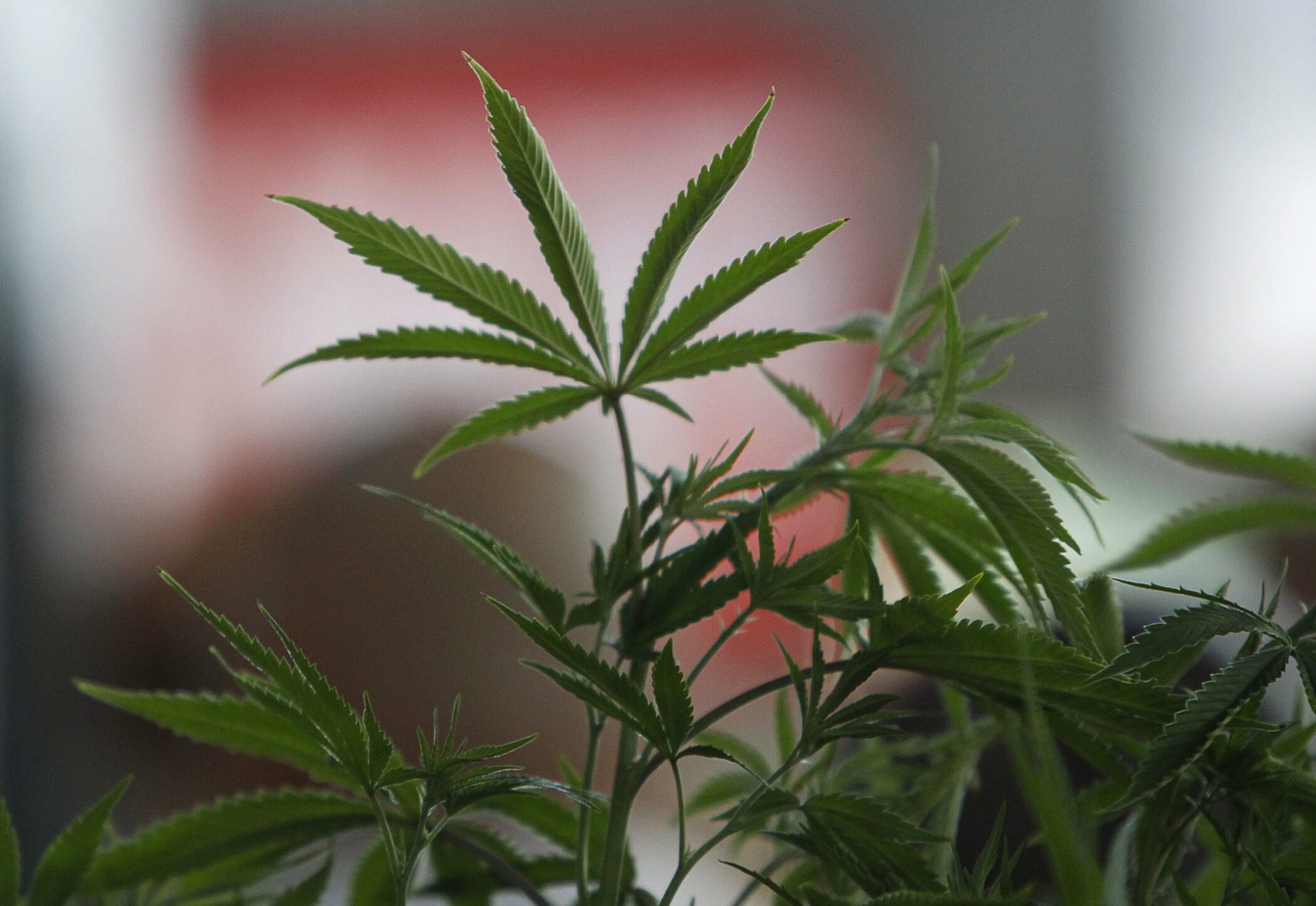Hawaii’s Adult-Use Cannabis Legalization Stalls
LOS ANGELES- In a recent development within Hawaii’s legislative process, a pivotal House committee announced it will not advance a bill proposing the legalization and regulation of recreational cannabis, effectively halting the legislation for 2024. Despite passing the Senate with a 19-6 vote and narrowly securing approval in a lower House chamber, the bill faced its final obstacle in the Hawaii House Finance Committee.
The committee, led by Chair Rep. Kyle Yamashita (D), cited “numerous concerns regarding the implementation of the bill” as the primary reason for its decision. This stance underscores the deep divisions within the state regarding the path to legalization, despite the bill marking the furthest progress for adult-use cannabis legislation to date in Hawaii.
Yamashita highlighted fiscal challenges and prioritized the allocation of funds towards critical services and wildfire recovery efforts in Lahaina and Upcountry Maui as reasons for sidelining the cannabis legalization initiative. The financial uncertainties surrounding the bill’s implementation played a significant role in the committee’s decision, especially in a year described as “abnormally fiscally challenging.”
The proposed bill, influenced by Hawaii Attorney General Anne Lopez’s legalization plan, sought to permit adults over 21 to possess up to an ounce of cannabis and five grams of concentrates. It aimed to establish a regulatory framework for recreational cannabis sales, incorporating taxes and home cultivation provisions. However, concerns arose regarding the bill’s law enforcement protocols, including THC blood limits for drivers and the creation of a cannabis enforcement unit, which critics argue could lead to unnecessary legal consequences for consumers.
Despite the setback, support for cannabis reform in Hawaii remains high, with a recent poll indicating that 58% of residents favor legalization. Governor Josh Green has expressed a willingness to sign an adult-use cannabis bill, suggesting a potential shift in public health strategy towards a more regulated cannabis market.
Looking forward, Rep. David Tarnas (D), the bill’s House sponsor, plans to reintroduce a revised version in the next legislative session. Tarnas aims to address concerns raised during the House debate and gather factual information to counter arguments suggesting negative outcomes from legalization, such as increased youth use and fatal car crashes.
The Marijuana Policy Project’s Karen O’Keefe, director of state policies, views the committee’s decision as a setback but remains optimistic about future efforts to legalize cannabis in Hawaii. The continued push for legalization reflects a broader national trend towards reforming cannabis laws, despite the challenges faced at the state level. Advocates and lawmakers alike are committed to navigating the complexities of policy, public health, and fiscal responsibility as they strive for a balanced approach to cannabis legislation in Hawaii.



































